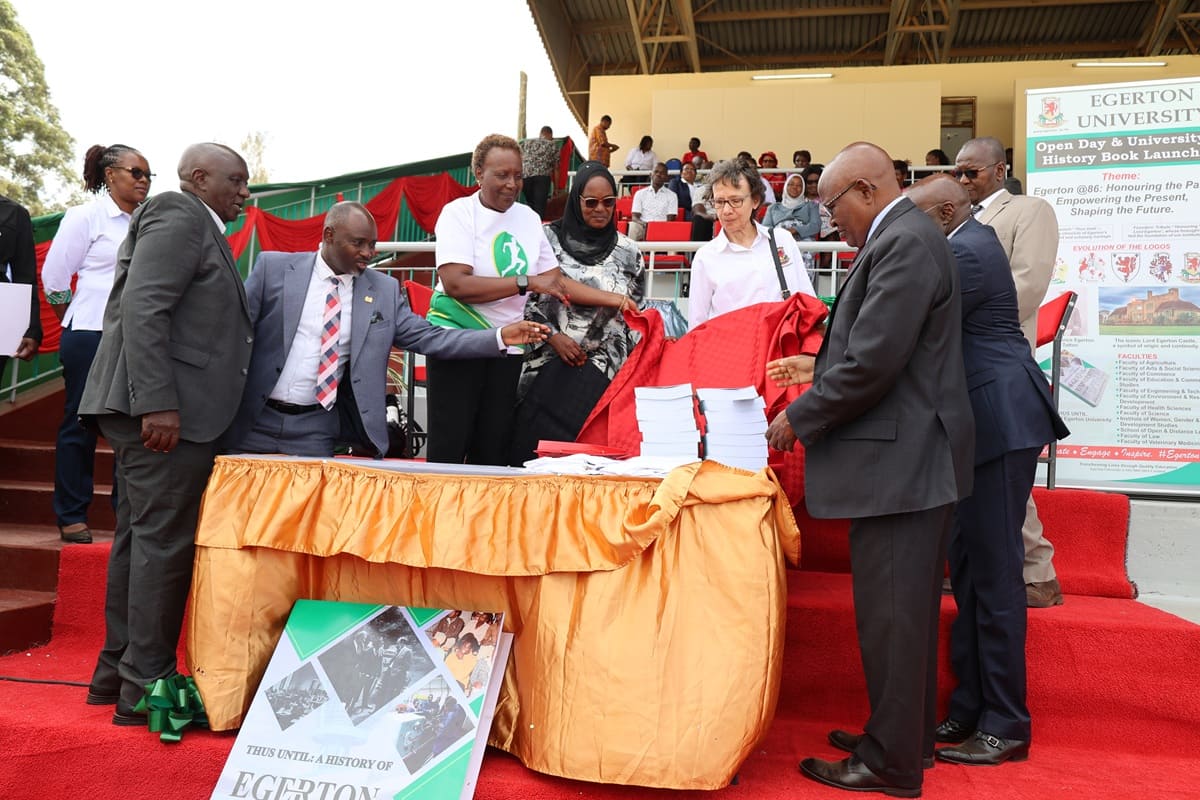Last month, the Kenya Sustainable Potato Initiative (KSPI) Project through the support of Alliance for a Green Revolution in Africa (AGRA) was launched at Royal Garden hotel, Olkalau, Nyandarua County. The event brought together the three key implementing partners for the project which are: Egerton University, National Potato Council of Kenya(NPCK) and Kenya Agricultural and Livestock Research Organization(KARLO).Some of the other collaborating partners present in the event were the National government(State department for crop development, state department for co-Operatives,AFA,KEPHIS,KEBS),County Governments (Nyandarua, Meru,Laikipia, and Nandi) and also seed producers, fertilizer companies, financial institutions among other key actors and players in the industry.
Mr. wachira Kaguongo, the CEO-NPCK gave the highlights of the KSPI project, where he thanked AGRA for their financial and technical support to ensure the project implementation, and highlighted the Kenya Sustainable Potato Initiative (KSPI) Project main goal which is to sustainably improve productivity and incomes of 150,000 farmers directly, 300,000 farmers indirectly and employment for 4,873 Youth and women. “The project is determined to achieve sustainable farming by building a strong and efficient potato seed system that enhances farmer’s access to high quality seed of appropriate varieties, “he said.
The project is also aimed to promote sustainable ware potato production through adoption of climate-smart potato farming practices for improving yields and profitability. To enable an inclusive market and trade, the project have built inclusive and structured inputs and output markets, access to financial services and trade opportunities for smallholder potato farmers. Mr. Wachira also emphasized that the project is going to support and strengthen 400 potato farmer groups across the four counties to trade through structured marketing system .Policies have also been put in place to improve enabling environment and coordination in potato subsector for inclusive agriculture transformation.
Egerton University role in the KSPI project led by Prof. Anthony M. Kibe, is to promote sustainable ware potato production through adoption of climate-smart potato farming practices, Good Agricultural Practices (GAP) and promotion of climate-smart agriculture technologies and innovations. According to Prof.Mariam Mwangi (Project Assistant), Egerton University, the project also aims to ensure 190 youths/students are attached to potato value chain actors for experiential learning, 400 VBAs (Village based Advisors) to be trained on potato climate smart Technologies, Innovations and Management Practices (TIMPS) and 50% reduction in post-harvest losses.
Douglas Kangi, from the Ministry of Agriculture and Livestock Development emphasized on the importance of the KSPI project and its alignment with the bottom-up economic model since the project is aimed at empowering small scale farmers through different initiatives. He also stated that the government have set several initiatives and regulations for potato packaging and selling of potatoes in kilograms which have helped farmers maximize profits from their potato produce. He assured the government support in the project implementation where called upon to ensure success of the project.
In a Panel discussion to discuss the key areas that require intervention to transform potato value chain in the four counties of intervention that are (Nyandarua, Meru, Laikipia, and Nandi) Dr. Kiplimo lagat, CECM Nandi County discussed the importance of capacity building farmers on quality certified potato seed potato for planting and also quality certified seeds should be readily available for farmers in the counties. In her remarks Florence Kinoti, a potato farmer from Meru Women Farmers Association of Kenya Co-Operative, she has been able to install climate smart technologies in her farm whereby farmers from all over the county can visit her farm for capacity building on seed potato production. Through these technologies she is able to harvest 6 tons per acre. The launch was a great success and is now set for implementation for the next three years starting July 2024 to June 2027.












